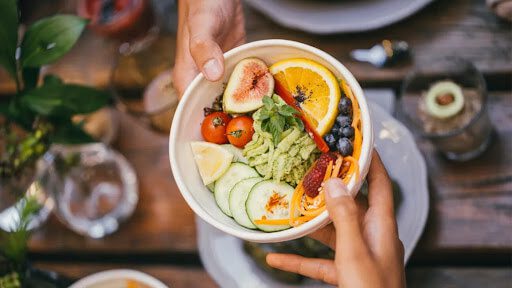In today’s health-conscious world, people constantly seek ways to improve their diets and make healthier choices. One such avenue that has gained prominence in recent years is the incorporation of food hydrocolloids into daily meals. Food hydrocolloids, which include agar-agar, pectin, carrageenan, and guar gum, may not be household names. Still, they offer many health benefits when integrated into our diets. This article will look at the benefits of introducing food hydrocolloids into everyday meals.
Table of Contents
What Are Food Hydrocolloids?
Before diving into the health benefits, it’s essential to understand what food hydrocolloids are. When added to food or beverages, food hydrocolloids are naturally occurring or synthetic substances that modify their rheological properties, such as viscosity and texture. Various food products use these hydrocolloids as thickeners, stabilizers, gelling agents, and emulsifiers.
Improved Digestive Health
One of the primary health benefits of including food hydrocolloids in your diet is their positive impact on digestive health. Many hydrocolloids, such as soluble fibre-based guar gum and pectin, can aid in regulating bowel movements and preventing constipation. They do this by increasing stool bulk and softening it, making it easier to pass. These hydrocolloids can also act as prebiotics, promoting the growth of beneficial gut bacteria, which can further enhance digestive health.
Weight Management
Another advantage of using food hydrocolloids is their possible involvement in weight loss. These hydrocolloids can increase the feeling of fullness and satiety. When consumed, they absorb water in the digestive tract, forming a gel-like substance that slows stomach emptying. This prolonged feeling of fullness can lead to reduced food intake, which, in turn, may contribute to weight control and weight loss efforts.
Cholesterol Management
Food hydrocolloids can also play a role in managing cholesterol levels, particularly soluble fibre-based hydrocolloids like beta-glucans found in oats and barley. These hydrocolloids can bind to cholesterol molecules in the digestive tract, preventing their absorption into the bloodstream. This can lower LDL (bad) cholesterol levels over time, decreasing the risk of heart disease.
Enhanced Nutrient Absorption
Incorporating food hydrocolloids into your diet can assist in increasing nutritional absorption. These hydrocolloids can form a gel matrix in the gut, which can slow down the movement of food through the digestive tract. This extended contact time allows better absorption of vitamins, minerals, and other nutrients from your food.
Allergen-Free And Gluten-Free Options
Individuals with allergies or sensitivities might benefit from allergen-free and gluten-free options provided by food hydrocolloids. Hydrocolloids can replace common allergenic ingredients like eggs, milk, or wheat in various recipes, making it easier for those with dietary restrictions to enjoy a wide range of foods without compromising taste or texture.
Conclusion
Including food hydrocolloids in your diet can provide several health benefits. From improved digestive health and weight management to better blood sugar and cholesterol control, these versatile substances have much to offer. Additionally, they enhance nutrient absorption, reduce the need for added sugars and fats, and provide allergen-free and gluten-free options for those with dietary restrictions. As you strive to make healthier choices, consider exploring the benefits of food hydrocolloids and incorporating them into your daily meals. However, consulting with a healthcare professional or nutritionist before making significant dietary changes must ensure they align with your health needs and goals.

